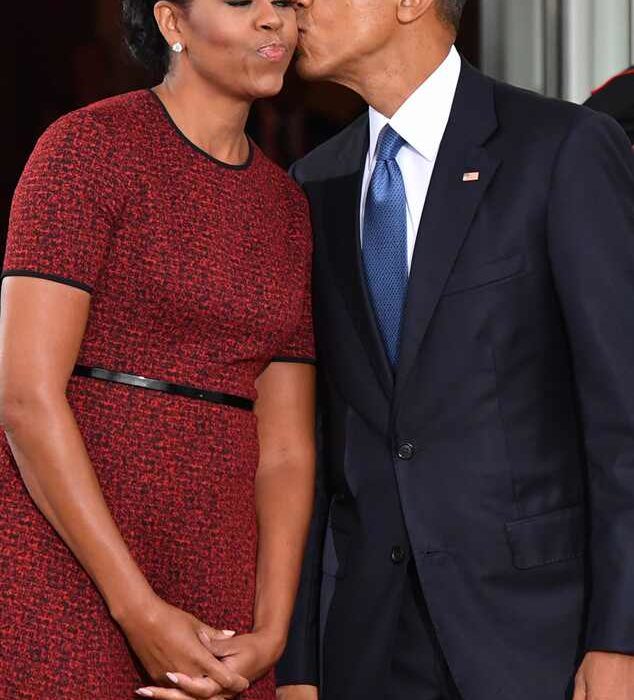AdAge | Except for the Obamas, Where Are Black Couples in the Media?
Showing Love Is a Great Way to Reach the Black Community
While true love is not restricted by race or gender, black love, between a black man and black woman, continues to be a really big deal in the black community. Just about every February, popular black magazines focus on “Black Love.” Both Ebony and Essence’s February cover stories this year stayed true to this tradition.
For years and years, we had not seen many black loving couples in mainstream media. Remember “L.A. Law” in the ’90s? Most of the (white) lawyers were embroiled in a love relationship or love triangle, except Blair Underwood. Really? (If I’m wrong, please set me straight!) Hollywood has made some strides, but it has been slow in coming.
Advertising is even slower. We do see more black couples in ads today like Scope/Crest’s, State Farm and McDonald’s for example, but ads like these — most likely created by black agencies — are few and are spread out over a number of years.
Unlike movies and TV, where the story is built around the relationship, in advertising the relationship is used to tell a story. Marketers and those in the entertainment industry in general, fail to see the value of the black love story and the fact that black women are particularly moved by seeing loving black couples.
Last year I received the same e-mail about four times from different women. It was initially directed to about 60 women and included dozens of pictures of black men and their non-black spouses or girlfriends. The comments from black women who had viewed the e-mail were painful, and were less about resentment and jealousy and more about feeling rejected. Studies reveal that black women are far more likely than black men to desire a relationship with a partner from their own race.
Why the difference? Psychologists who have studied the black community agree that one reason is that black women perceive their beauty as more welcomed and celebrated by black men than non-black men. Makes sense. A couple of my single black female friends decided to take the online-dating plunge and open their horizons to men of different races and ethnic groups. Both are beautiful, smart and worldly, and both wear their hair in a natural hairstyle. They had similar stories, in that that the men of different races whom they profiled as their equals tend to prefer white or “exotic” women who are not black.
It’s no wonder then, that President Barack Obama and first lady Michelle’s love has become the “new” role model. It’s a love story that the black community has not witnessed since Cliff and Claire Huxtable in the ’80s. It is wonderful and troublesome at the same time.
I understand that the first reaction of some will be to dismiss my concerns or to claim that I am “too sensitive,” but that’s a mistake that marketers cannot afford to make, especially given that black consumers and (and other ethnic audiences) scrutinize advertising more than whites for people who reflect positive images of them. Messages about the product or service often become secondary to how the characters’ interactions are perceived by society. Here’s an example, taken from own book:
“Pepsi didn’t intend to offend the black community when it aired the Pepsi Max TV spot that featured a black couple in “Love Hurts,” which was created for the 2011 Super Bowl.
“Comments from the black community indicated that the spot was a reiteration of common stereotypes that run the gamut from angry black women, black couples as adversaries, to black men being more attractive to white women than black women, to wimpy black men. Pepsi failed to recognize the importance of positive portrayals of black love relationships in the media, and how this spot might be received by the broader black community.”
Those who know me know that I’m not a fan of road trips, but when my then ex-husband, Ron, insisted on driving up to get me after I had been stuck in 9-11 New York for more than a week, I recognized the value of allowing a black man to rescue a black woman — so I acquiesced and waited. We had divorced five years prior and started dating again. We remarried in December 2011, and that act of rescue has become one of the most important and interesting stories of our reconciliation.
Marketers should not underestimate the value of building their story around loving black relationships. They are powerful, viable and valuable connectors to the black community. It is about time that marketers show black couples some love.



